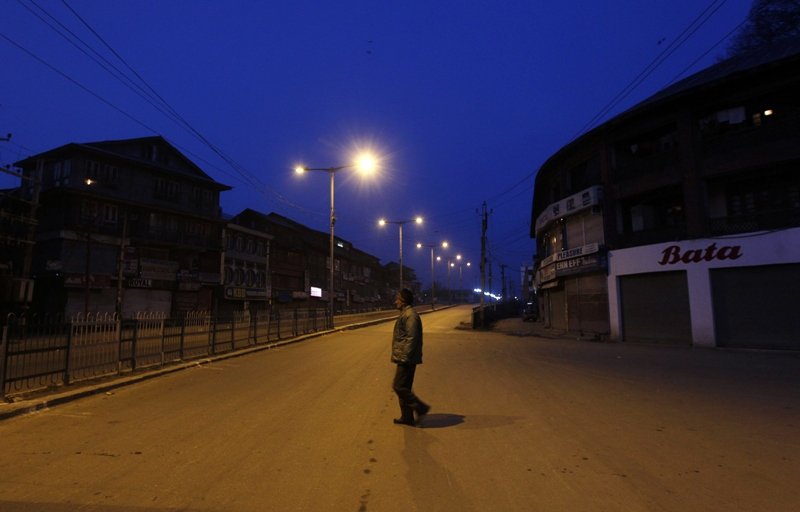
India’s siege of the disputed Himalayan territory of Jammu and Kashmir can be classified as a military occupation through unilateral annexation which violates the international law apart from the atrocities it has perpetuated there which fall under crimes against humanity, crimes of aggression and war crimes.
However, an independent war crimes tribunal needs to investigate the atrocities committed by the Indian occupying forces and for the International Criminal Court to intervene and initiate proceedings against perpetrators.
These were the findings of a legal fact-finding report, “Kashmir’s Statehood Abrogated’, which was co-published on Tuesday by the Institute of Policy Studies (IPS) and the Legal Forum for Oppressed Voices of Kashmir (LFOVK).
The report looks at the situation in Indian Illegally Occupied JK (IIOJK) over the past year, since New Delhi abrogated Articles 370 and 35-A of the Indian constitution, revoked the region’s special status and annexed it illegally.
The report found that India fulfils the definition of occupation under Article 42 of The Hague Regulations 1907. Moreover, it stands in violation of the fundamental rights of civilians under The Hague Regulations and Geneva Convention IV Articles 47-48, Additional Protocol 1, Article 75; stands liable for committing the crime of aggression via unilateral annexation in contravention of Article 8 bis2(b) of the Rome Statute; and has violated all four Geneva Conventions.
As such, the siege goes well beyond just a blockade of the entry and exit points.
The report urges the international community to fulfil its responsibility and seek an interim remedy under the UN Responsibility to Protect norm to stop further aggression of Indian forces.
Published in The Express Tribune, August 5th, 2020.

1722586547-0/Untitled-design-(73)1722586547-0-165x106.webp)


1732326457-0/prime-(1)1732326457-0-165x106.webp)












COMMENTS
Comments are moderated and generally will be posted if they are on-topic and not abusive.
For more information, please see our Comments FAQ